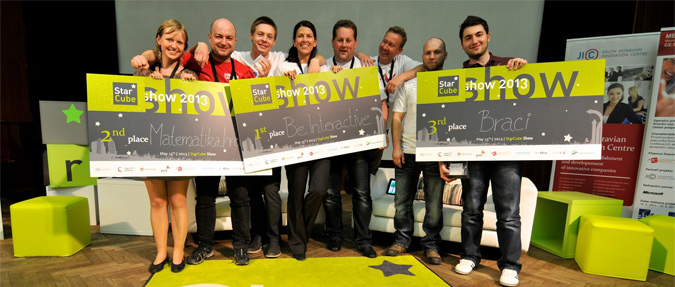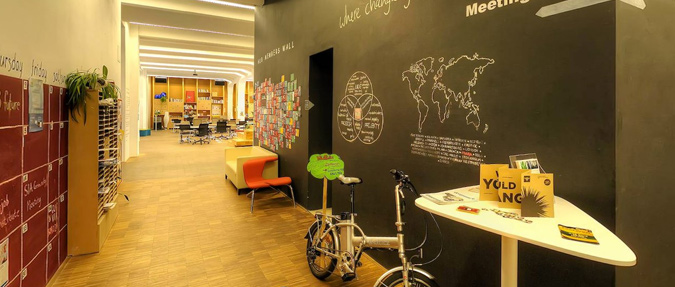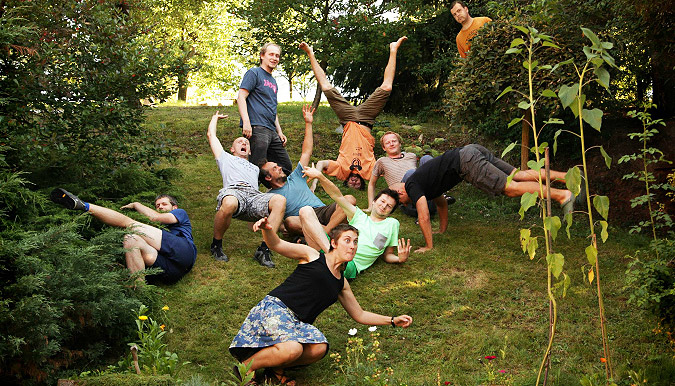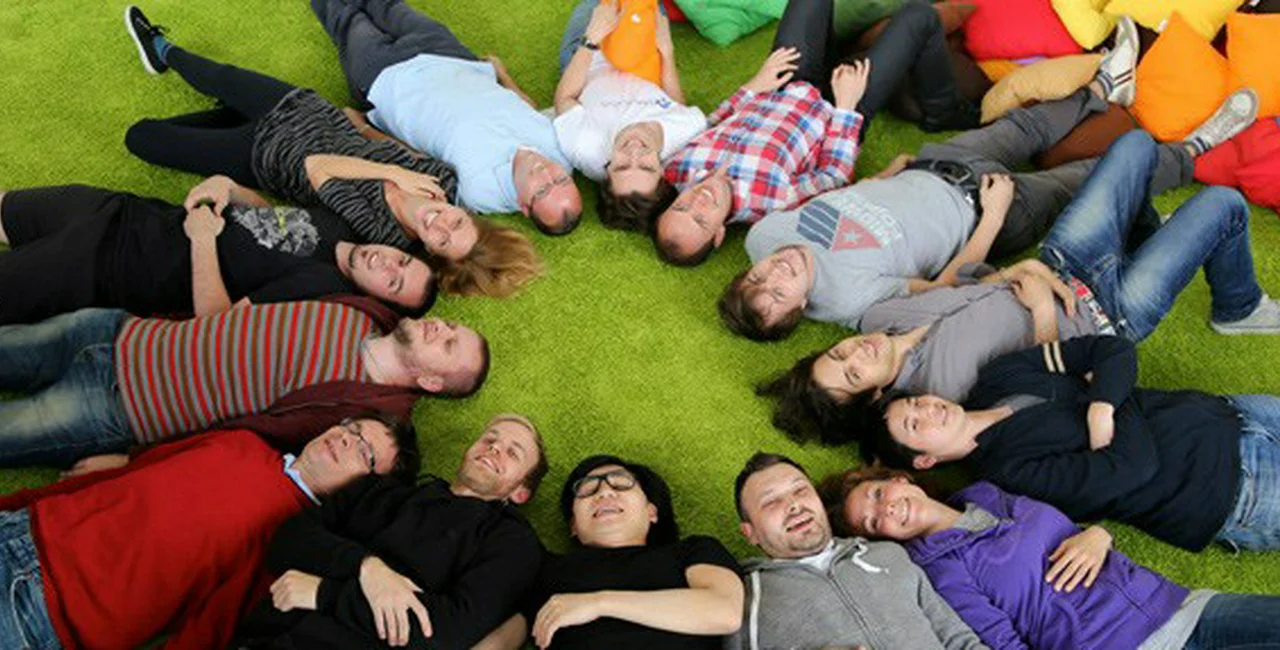You’ve got a great idea that’s going to change the world. You are committed to doing what it takes to bring that idea to the people. You work hard, and your sweat and tears pay off – a venture capitalist recognizes your brilliance and gives you millions of crowns to move forward. A start-up success story.
But is it realistic in the Czech Republic? There seems to be a lot of buzz about Czech start-ups, co-working spaces, accelerators, and more. But what’s the real story? Are the companies we hear about making it big a one-off, or is the country like some sort of massive start-up production line?
Experts say start-up scene still maturing
“It’s a relatively new thing and overall still young,” said Lenka Kučerová, chief engager for StartupYard, a Prague-based seed accelerator. “We have some success stories (M.dot) and companies that aren’t referred to as start-ups anymore (AVG, AVAST). We have a nice technology tradition to build on. But as much as you hear about the occasional good thing happening, it is still an immature culture here.”
Kučerová isn’t alone in feeling that way. Vojta Krmíček is the program manager for StarCube, the first Czech accelerator, based in Brno. He acknowledges that the start-up scene has become very active in the last few years, but it needs some serious developing.

Brno-based StarCube, the first Czech accelerator
“The biggest challenge for a majority of start-ups here is no real commitment to work on start-ups, compared to the start-ups for example in the US or Israel,” he said. “Many of our start-ups are working on their project as a “lifestyle” job, not like a real business. They need to really devote all their time, be much more enthusiastic and committed to the work in a start-up, to be able to compete with start-ups abroad.”
ČR new to entrepreneur culture
So why this disconnect? People seem to want to start something new, but don’t have the commitment or drive to see it through. There are a number of factors to consider believes Jakub Mareš, one of four co-founders of The Hub, a co-working space for people to connect and make things happen.
“The culture of entrepreneurship, being a freelancer, starting your own company is still developing. Among young people, students who have the potential to start their own business, being an entrepreneur isn’t their first choice,” he said. “To be an entrepreneur isn’t prestigious and the culture to start something is still young. This is changing, there are people who are brave and willing to take risks, we have dozens coming here every month. But it needs to develop a culture and positive reputation.”
The culture seems to be available for those wanting to immerse themselves in it. Krmíček said StarCube was the first Czech start-up accelerator in 2010, and since then a variety of start-up programs have blossomed in Prague and Brno, plus co-working spaces, workshop, seminars, and events taking place regularly. StartupDigest has a calendar announcing entrepreneurial events going on across the country and there is a Prague Entrepreneurs Meetup Group.

The Hub co-working space
IT sector heats up
Success comes to the hard working. In September, Apiary which makes tools for developers, secured over $1 million in seed funding from a variety of investors. The IT sector though is definitely the most active and easiest to break into for start-ups.
“The overall cost and capital intensity is low, just a couple developers and a great idea,” said Kučerová. “The Czech Republic has some amazing developers. Gaming, security, and social media are also strong.” She mentions companies such as Amanita Design, Safetica and Brand Embassy as ones to watch.
Mareš agrees that anything IT related, from products to services is hot, while he sees opportunity growing for start-ups in the HR consulting and coaching arena.
“Also growing is the creative industries – design, art, production,” he added. “It’s attractive but there’s a low rate of success.”
Krmíček sees this IT trend continuing.
“We can see a strong focus on traditional ‘start-up’ sectors like web apps, mobile apps, IT stuff, and now, mainly in the business to customer segment,” he said. “But overall, future successful start-ups will be focused on the main current technological trends, including the Internet of Things, mobile internet, cloud technology and for example 3D printing.”

One to watch: game developers Amanita Design
Playing to strengths, overcoming weakness
So what needs to be done to put the Czech Republic firmly on the start-up map? The same things that will help a start-up anywhere succeed: Hard work, dedication and support.
“We think it’s important that big businesses are close to start-ups,” said Mareš. “It’s important the two worlds aren’t divided and are inspired by each other.”
“Although here there is huge bureaucracy and obstacles due to the system, there is a great environment and knowledge in particular fields, which you can’t find anywhere else in Europe,” said Krmíček.
“It’s tough to do a start-up here, a lack of network for people to motivate you, negativity, difficult to get access to up to date information,” said Kučerová. “That being said I have met amazing people who have started their own companies and are willing to spend hours mentoring young start-ups.”
**
Share your thoughts on the Czech start-up landscape.
Related articles












 Reading time: 4 minutes
Reading time: 4 minutes 
























